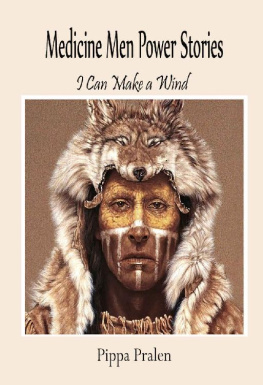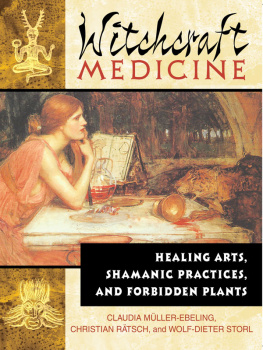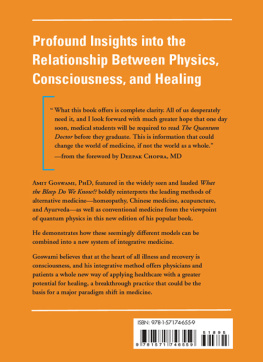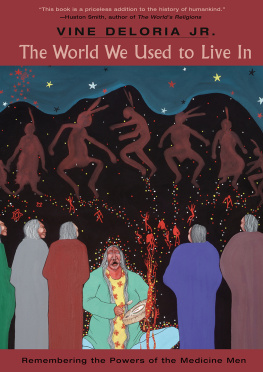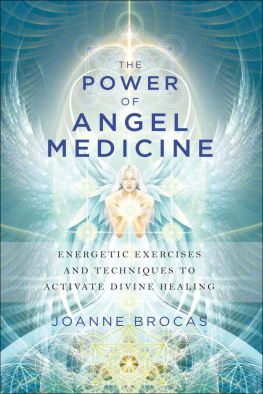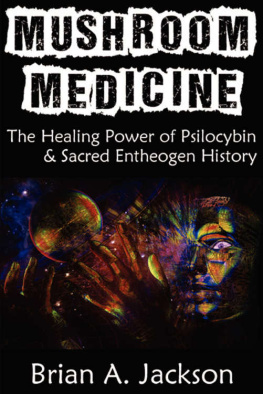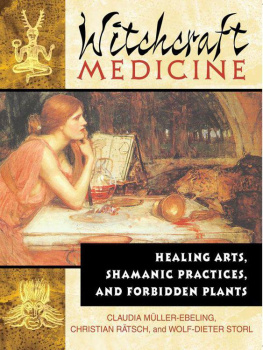Many early white settlers described powers of the medicine man and women unknown to the Europeans: power to locate game in the wilderness, foresee the future, and heal with herbs and plants.
They Know Things
Now Dad talks of going to a ceremony and the medicine men planted the corn in the ground and they actually saw the corn grow and get ears on it. I dont know how they did it. I dont know how. They know things we dont know. (Source: Northern Arizona University)
The Howling Wilderness
In 1790 John Tanner lived with his homesteading family near the Kentucky frontier. When he was nine years old, two Ojibwa men grabbed him as he played one spring day near his fathers cornfield.
They took John captive, deep into the northern wilderness of the Great Lakes. He was adopted and lived as an Indian. John witnessed mysterious practices of medicine men and women unknown to the Europeans. These were later recorded in a narrative of his life.
The following is an account of how John Tanners adopted mother, Netnokwa, psychically located game and food when they were close to starvation.
I Can Make a Wind
With the deep snow and thick ice, came poverty and hunger. We were no longer able to take beaver in traps, or by the ordinary methods, or kill moose.
The old woman spent a night in prayer and singing.
In the morning, she said, Go and hunt, for the Great Spirit has given me some meat. But the weather was too cold and calm, and no moose could be approached so near as to shoot him.
I can make a wind
answered Netnokwa
and though it is now still and cold, the warm wind shall come before night. Go, my sons in my dream I saw you coming into the lodge with a beaver and a large load of meat on your back.
The hunters left in search of game.
They had not been a long time absent, when the wind rose from the south, and soon blew high, the weather, at the same time, becoming warmer. At night, they returned, loaded with the flesh of a fat moose, and Wamegon-abiew with a beaver on his back, as the old woman had seen him in her dream. Tanner J., Edwin, J. Narrative of the Captivity and Adventures of John Tanner, Cargill 1830.
John describes other mysterious events in his narrative. John Tanner forgot how to speak English, and fully adapted into native culture. He married an Indian woman, and had a family. He became a great hunter. In 1817, when he was 22, he left his native family and began the trip to reach his birth family. It was an arduous journey. His white brother was told of his travels and went to accompany John.
Upon his arrival, many tears were shed as his brothers, sisters, and neighbors gathered around. John needed a translator to communicate in the English tongue. In many aspects, he was completely an Indian. He could no longer sleep indoors. He eventually returned to his Indian family in the North, and worked as guide and interpreter at fur trading posts.
Powhatan, his daughter Pocahantas and Capt. John Smith
Jamestown colony
Mesmerized in Jamestown
In 1609, 400 English settlers arrived in a swampy area of Virginia, establishing a colony called Jamestown. In the first few years most died of starvation and disease. Yet more settlers arrived and the colony survived.
In 1611, Sir Thomas Dale arrived in Virginia as governor of the Jamestown colony. He decided to explore the country and desired to travel to a waterfall, several days journey. Powhatan the Indian chief of over 32 tribes, forbade the trip, and demanded the release of 2 Indian prisoners held by the English. Governor Dale ignored the request and began the journey. Powhatan threatened that if the English journeyed to the falls he would cripple them with drink and make them dumb and then kill them. Dale took the threat as a joke.
The English began their journey. Later, near their encampment, the English heard strange sounds. Reverend Whitaker described the noise like hup hup, followed by oho oho. Here is his account.
a strainge noise was heard comeing out of the Corne towards the trenches of our men, like an Indian hup hup ann Oho Oho, some say that they saw one like an Indian leape over the fire and runne into the corne with the same noyse. All the while all our men were confusedly amazed. They could speake nothing but Oho Oho, and all generally takeing the wronge endes of their armes But (thankes be to God) this alarum lasted not above half a quarter. Rev. Alexander Whitaker, Good Newes from Virginia
The English seemed to be in a trance for a half hour, only able to say hup hup and oho oho. They picked up their weapons by the wrong end, unable to use them, and seemed confused and dazed. Whitaker later questioned authorities in England who thought it was Indian sorcery. Was it mass hysteria? Were they poisoned with a hallucinogenic root? Or did the medicine man possess a type of power unknown to Europeans?
Plymouth colony: Thomas Merton of Plymouth and Merry Mount colonies in Massachusetts, reported that a local medicine man, Papasiquineo, made a piece of ice appear in a bowl of water on a hot summer day in front of an English audience. The powwow intoned an incantation, a thick cloud suddenly appeared, a thunderclap was heard, and the ice was seen in the water. Kupperman, Karen Ordahl, Indians & English, Facing Off in Early America
Who They Were
In every Indian tribe, there were a number of men, and perhaps also a number of women, who were regarded as the possessors of supernatural powers that enabled them to recognize, antagonize, or cure disease.
Among the Dakota one was called wakan witshasha, mystery man, among the Navaho one is khathali, singer, chanter, the other maker of medicines; among the Apache one is taiyin, wonderful, the other simply ize, `medicine.
It took years to learn the chants. They had to learn the songs. They were called chants, and they were long. And then they had to also gather their paraphernalia. They had rattles, they had different kind of wands. Some wore mink collars around. They had different kinds of costumes they put on pieces of clothing.
They had to gather their paints, because they painted a patients face. And they had to get their whole complete set of costumes that they wore, and paints, which were mostly ground up plants and things that they would get to paint their faces and their bodies. And it took many years to get to be a medicine man. No, they couldnt just say, Im going to be a medicine man, because you spend years gathering all this. Its unbelievable, everything that you have to have. Its in some of the books, shows all of the things that the medicine men had with their medicine man kit. Northern Arizona University
Next page
